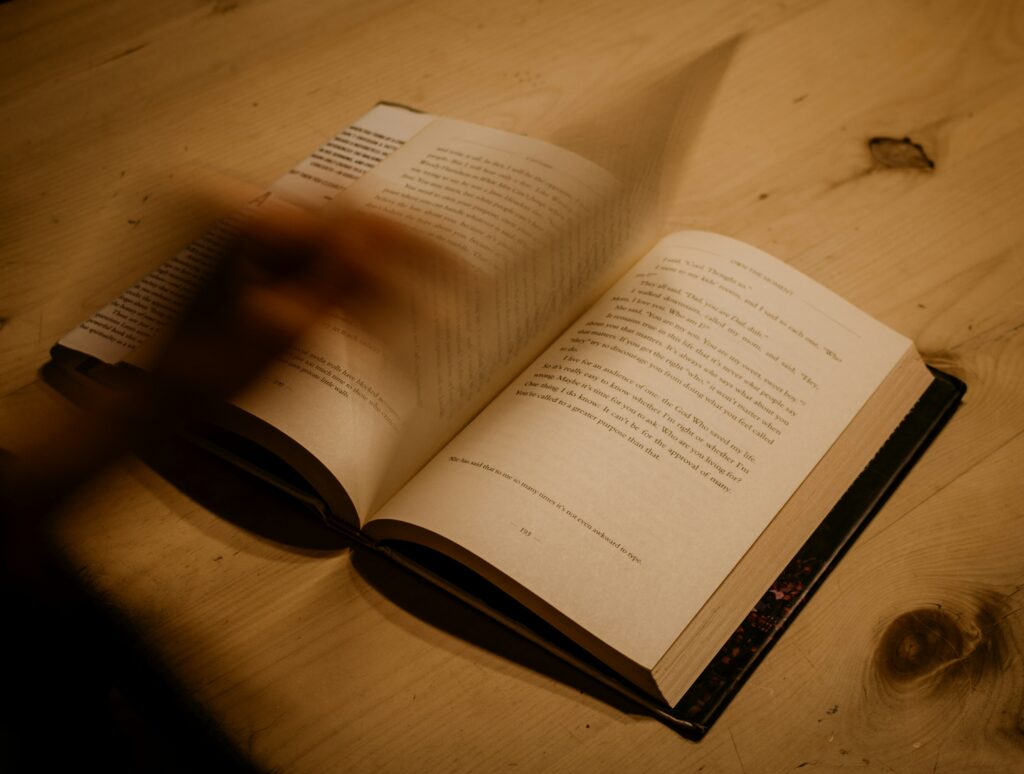
We all have enemies, of one sort or another. A lot of people, particularly Christians, are uncomfortable with that thought: love your neighbor, and love your enemies, and all that. But I’ll observe that the very fact that Jesus tells us to love our enemies assumes, or at least implies, that we have some. And even if you’re one of the few who regularly succeeds at loving your enemies and wishing harm to no one, those enemies are still out there. You may not even consider them enemies and hope and work for peace, but they still consider you an enemy, and that fact is going to affect your relationship.
People are enemies for lots of reasons. Throughout history countries and ethnicities have positioned themselves as enemies; as the old antiwar song goes, “the French hate the Germans; the Germans hate the Poles; Italians hate Yugoslavs; South Africans hate the Dutch; and I don’t like anybody very much.” These days we hear a lot about political enemies; candidates speak condemningly of their opponents, and the followers of each do the same. Sometimes family members become enemies, often after the death of a parent, when battles begin over what’s left behind. And of course there are religious enemies. Judaism and Christianity have often provoked animosity from nonbelievers, even without our considering the regrettable sinfulness of their adherents.
All of this, of course, is a consequence of sin, the fallenness of the present world. Of the innumerable attempts by well-meaning persons to bring peace to the world, or to set up a peaceful system within it, all have failed, whether with a bang or a whimper.
The Scripture speaks of a time of universal peace, and of a Prince of Peace, but he has yet to come. No one is beating his swords into plowshares, despite the statue in front of the United Nations building in New York.
So what do we do in the meantime? Do we just focus on our friends, and cut out “toxic people” from our daily interactions? Do we present them with indisputable proofs of how wrong they are, and just assume that if they reject our arguments they must be stupid—and thus hate them all the more?
Do we despair?
What do we do?
If you’ve been reading this blog for a while, I think you can predict what I’m going to say next.
As the sufficient Word of God, the Scripture speaks to this question, as well as all the others.
There were times in its history when the nation of Israel, which has always been surrounded by enemies, was in particular peril. Two enemies were particularly strong and thus particularly dangerous. The earlier one was Assyria, which in the 700s BC was the Big Kid on the block. After it, in the 500s, came Babylon, which defeated Assyria and assumed its dominance in the world of its day. As we might expect, both of them were bullies—as countries with strong militaries are often inclined to be.
During those times Israel had many prophets, sent by God both to warn and to encourage his people. Some of them had their prophecies collected into books of the Bible that bear their names. And three of those speak particularly to Israel, and to us, about how we should think about our enemies. Those three, in chronological order, are Jonah and Nahum, who wrote about Assyria, and Habakkuk, who wrote about Babylon (or as he called it, “Chaldea”).
Because they were speaking for God and by his Spirit, and because God has preserved their words for us today, we can be confident that what they said can be instructive for us as we face our enemies, large and small, intimidating and not.
I’d like to spend a few—oh, quite a few—posts meditating on what they said about the subject.
Photo by engin akyurt on Unsplash


